Australia and the United States are working on “contingencies” if there is an outbreak of conflict around Taiwan, according to a senior U.S. diplomat.
“I think we’re committed as allies to working together, not only in making our militaries interoperable and functioning well together but also in strategic planning,” Goldman said.
“And when you look at strategic planning, it covers the range of contingencies that you’ve mentioned, of which Taiwan is obviously an important component.”
Beijing’s hostile rhetoric toward Taiwan has increased over the past year, since the reelection of President Tsai Ing-wen.
In recent months, Chinese military jets have also made near-daily incursions into Taiwanese airspace, with the largest being in late March, when 20 Chinese military planes entered Taiwan’s Air Defence Identification Zone.
Goldman said working together with allies would be the key to maintaining power in the Indo-Pacific region.
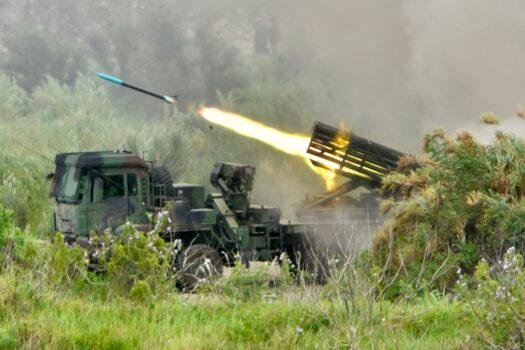
“One thing that we’re determined to do is we’re not going to get out in front of our allies,” he said.
“In fact, we’re going to move with them because that really is the secret sauce of our power in the Indo-Pacific.”
In December 2020, Taiwanese Foreign Minister Joseph Wu called on Australia to stand up for democracy and defend the island against potential threats.
“I see like-minded countries like Japan and Australia and India and the United States can also work together to prevent China from further expansionism.”
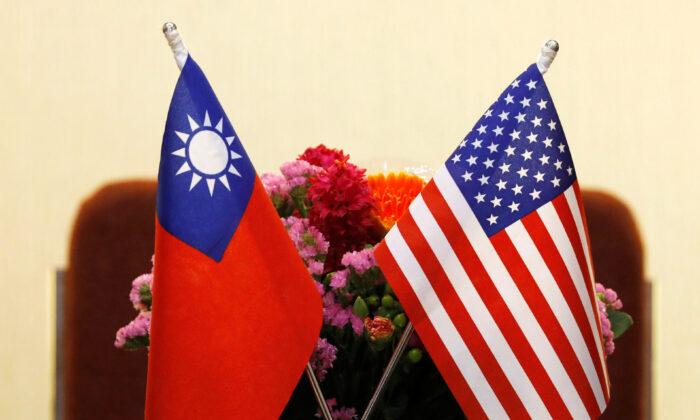

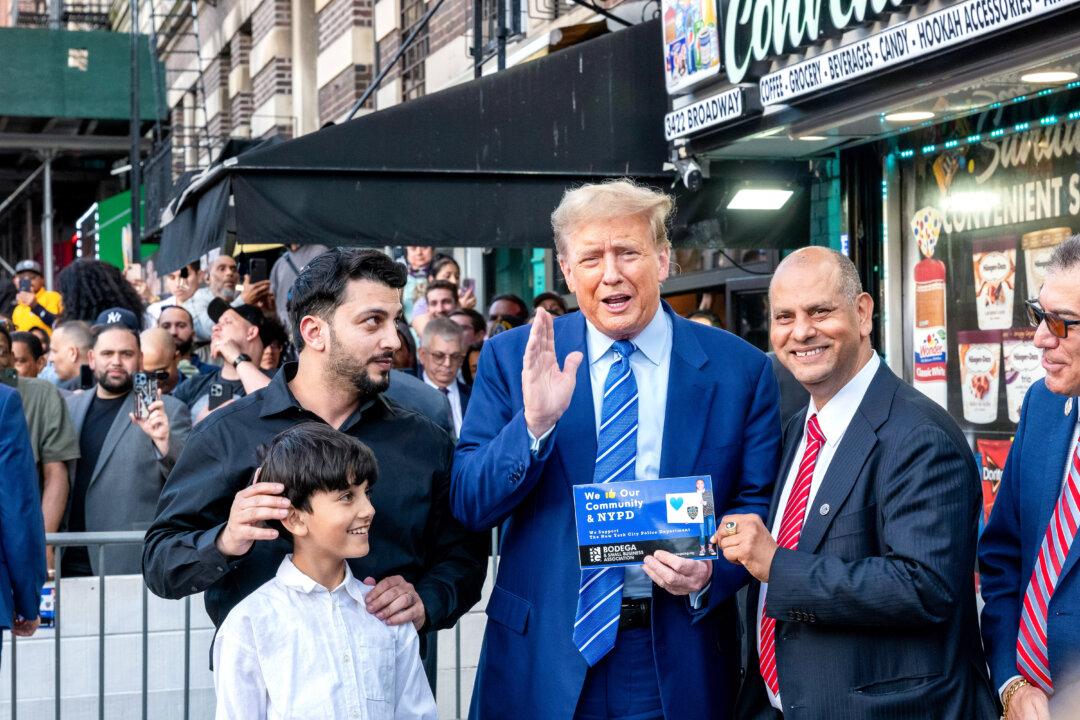
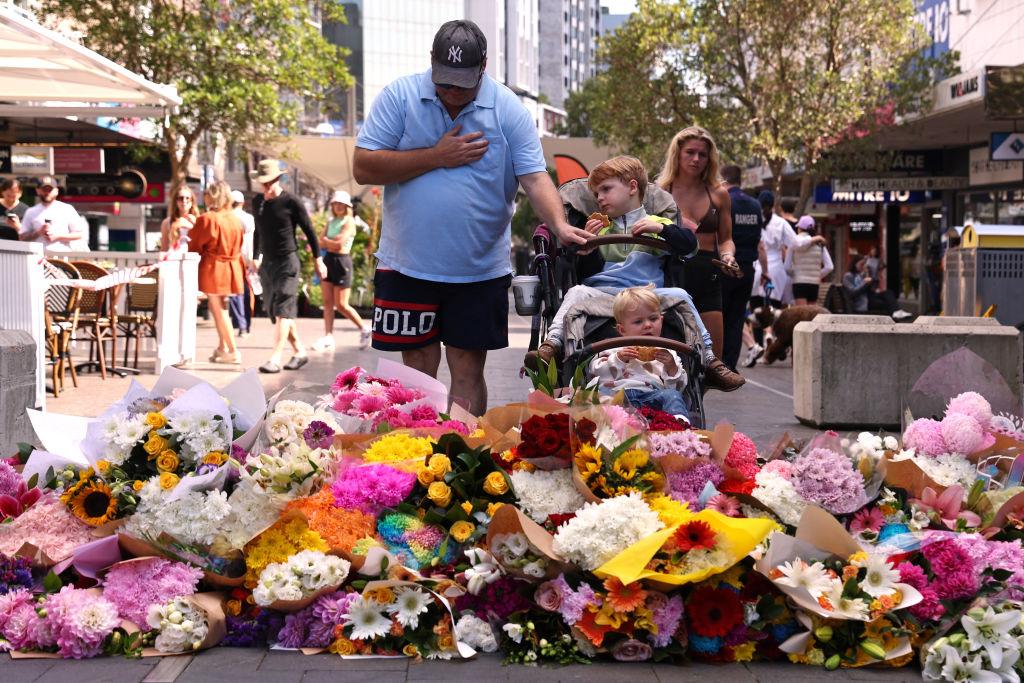
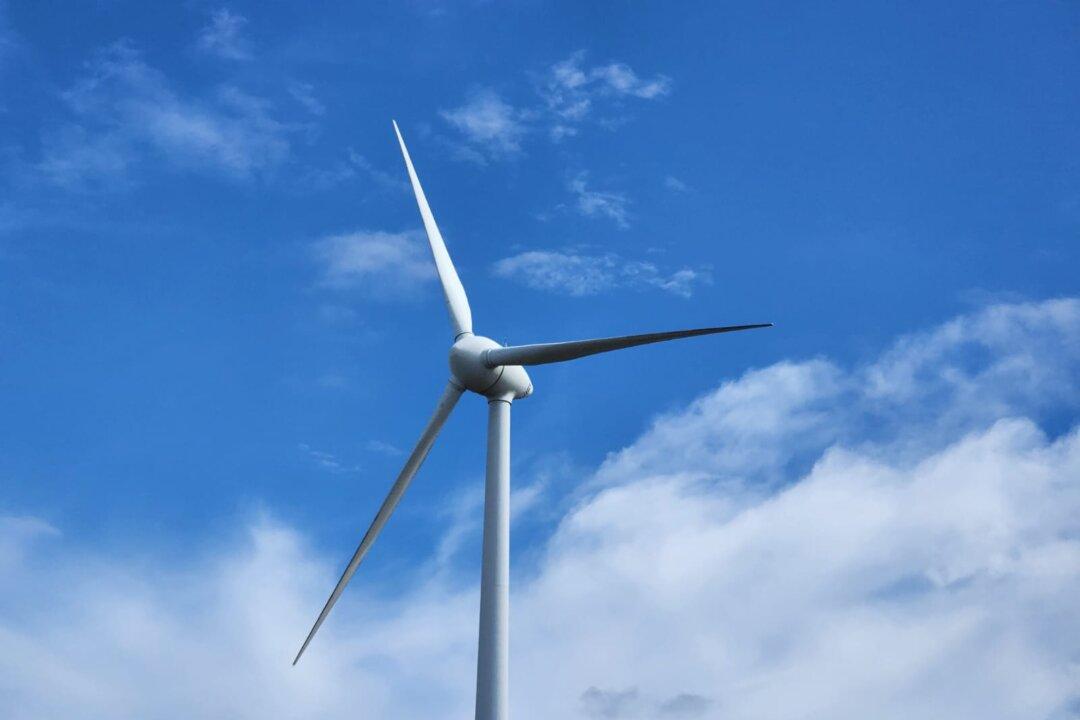
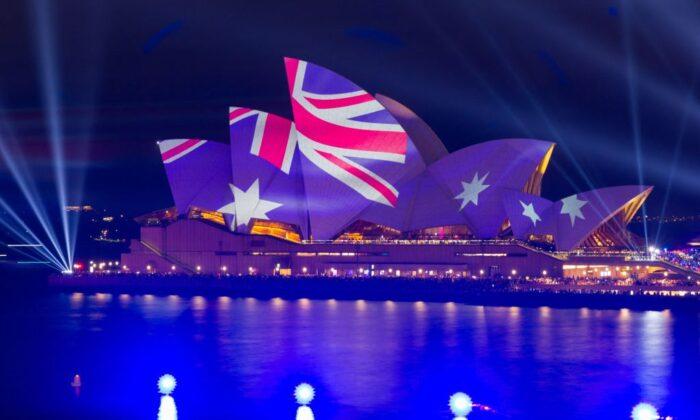
Friends Read Free